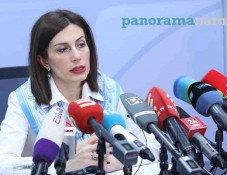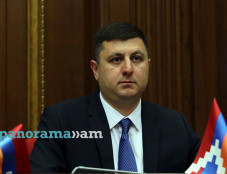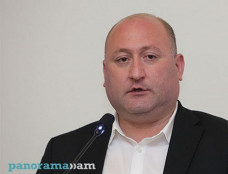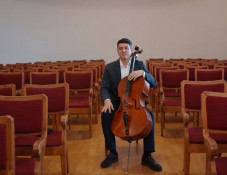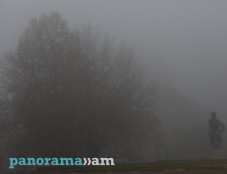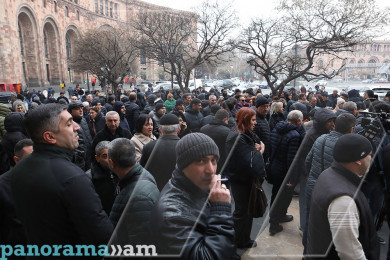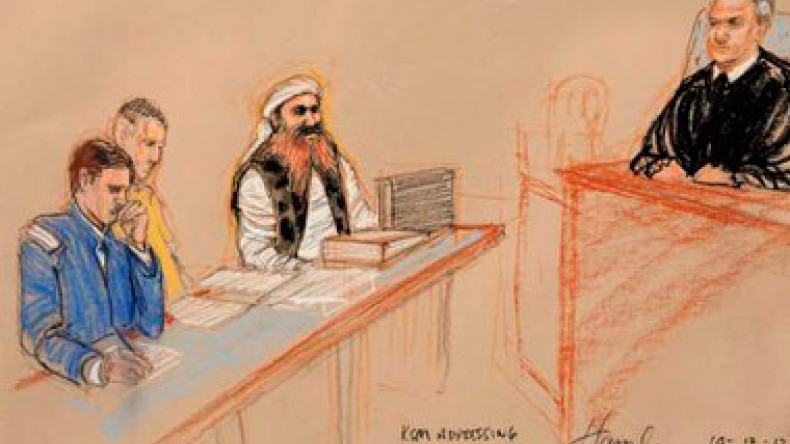
Defense wants 9/11 trial televised globally from Guantanamo
The death penalty trial of five Guantanamo prisoners accused of plotting the September 11 attacks is so important that it should be televised to the public, defense lawyers argued on Friday, according to Reuters.
The issue was discussed on the final day of a week-long pretrial hearing for the alleged mastermind of the hijacked plane attacks, Khalid Sheikh Mohammed, and four co-defendants accused of providing money, training and travel assistance to the hijackers.
The five, who could face execution if convicted of charges that include murder and terrorism, skipped Friday's session after the judge declined their request for a recess on the Muslim holy day.
Currently, the public can watch closed-circuit broadcasts of the Guantanamo war crimes court proceedings - but only at a 200-seat theater at Fort Meade, a U.S. Army base in Maryland.
Closed-circuit viewing sites at a handful of other military bases in the eastern United States are restricted to relatives of the 2,976 people killed in the hijacked plane attacks and to the firefighters, police officers and other "first responders" who gave aid and searched for victims at the crash sites in New York, Washington and Pennsylvania.
In hearings at the remote Guantanamo Bay U.S. Naval Base in Cuba, lawyers for some of the defendants argued that those viewing sites should be opened to the general public. But lawyers for others said the trial should be televised globally to anyone who wants to watch.
"If these proceedings are fair, why is the government afraid to let the world watch?" asked Marine Major William Hennessy, an attorney for Walid Bin Attash, a Yemeni accused of training two the hijackers at an al Qaeda camp in Afghanistan.
"The government admits that these are historic proceedings," Hennessy noted.
He acknowledged that the rules give the U.S. defense secretary sole authority to decide whether to televise the trials, but suggested the judge could make the decision in the interests of ensuring the accused get a fair trial.
The judge, U.S. Army Colonel James Pohl, did not immediately rule on the request but appeared skeptical.
"I can look at any rule, any statute and say 'I wouldn't have done it that way'? Is that what you want a judge to do, really?" he asked Hennessy. "I would have to conclude that the lack of public television means the accused is getting an unfair trial?"
Newsfeed
Videos








